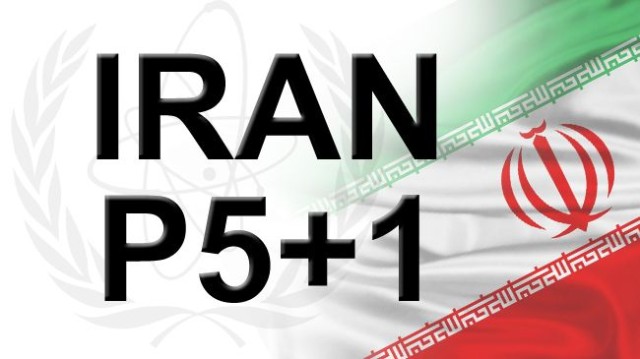Dancing with the Devil: The Perils of Engaging Rogue Regimes
Michael Rubin, former Bush era Pentagon official who is currently a Resident Scholar at the Washington, DC –based American Enterprise Institute(AEI), has been engaged in intense media interviews since the launch of his new book, Dancing with the Devil: The Perils of Engaging Rogue Regimes. Dancing with the Devil covers Rubin’s research on fifty years of US and Western experience with rogue regimes and terrorist groups. The Encounter Books release on the publication of Rubin’s book noted:
The American response of first resort is to talk with such rogues, on the theory that, “It never hurts to talk to enemies.” Seldom is conventional wisdom so wrong. It is true that sanctions and military force come at high costs. However, case studies examining the history of American diplomacy with North Korea, Iran, Iraq, Libya, the Taliban’s Afghanistan, and Pakistan demonstrate that problems with both strategies do not make engagement with rogue regimes a cost-free option. Rogue regimes have one thing in common—they pretend to be aggrieved in order to put Western diplomats on the defensive. Whether they are in Pyongyang, Tehran, or Islamabad, rogue leaders understand that the West rewards bluster with incentives. The State Department, the process of holding talks is often deemed more important than results.
We met Rubin in 2005 when he returned to Yale to discuss his experience as a former Pentagon official on Iran and Iraq who also served as a political advisor to the Provisional Coalition Authority. He spoke about the emergence of the nuclear Iran threat under the ‘reformist’ regime in Tehran led by Ayatollah Khatami. See Rubin’s background and blog at the AEI website, here and here.
Our interview with Rubin ranged across an array of prevailing issues. Among these are the Iranian nuclear and ICBM threat and Putin’s great game of one sided politics in the Middle East and Eastern Europe. He also addresses Pakistan’s tolerance of terrorism and the lack of US support for the Kurds in both Iraq and Syria. He criticizes the folly of the Administration’s support of Turkey under Premier Erdogan and the folly of its lead in the Final Status negotiations with the Palestinians imperiling Israel’s security.
Here are some of his observations.

Dr. Michael Rubin
Back in 2000 to 2005 the EU’s pursuit of engagement with Iran under President Khatami enabled the Islamic Republic to devote 70 percent of its hard currency reserves to both ICBM and nuclear weapons development. Moreover Rubin’s research on that period revealed that Iran took the lead from North Korea in its negotiating posture with the West alternating bluster with soothing words about the dialogue of civilizations. That raises the question of whether the present P5+1 negotiations backed by the US Administration with another reformist, President Rouhani, might be what baseball legend Yogi Berra called “déjà vu all over again”? Rouhani was Iran’s nuclear negotiator under former President Khatami. On Putin’s great game strategy in the Middle East and Eastern Europe, in the midst of the crisis in the Ukraine, Rubin had the following observations.
The Administration’s current negotiations posture with the Russian President is the equivalent of ”Chamberlain negotiating with Machiavelli, and Machiavelli always wins.” Rubin believes that Putin is “playing a zero sum game” in both the Middle East and Eastern Europe. Based on recent speeches by an Iranian Revolutionary Guards leader, Iran believes itself the head of the Islamic world.
The Administration’s outreach to Islamist non-state actors like the Muslim Brotherhood he considers a catastrophe reflected in recent conversations with senior leaders in Kuwait and the UAE. Rubin believes that the Administration has made a mistake not supporting secular Kurdish regimes in the Iraqi regional government and the virtual autonomous Kurdish region in the Northeastern province of Hazaka in Syria. He believes this stems from our support of Turkey under the Erdogan government. Rubin suggests that Turkey’s embattled Premier Erdogan may be creating another rogue regime in Ankara.
We will be publishing both an article based on our interview with Rubin and a review of Dancing with the Devil in the March edition of the New English Review.
Listen to senior editor Jerry Gordon’s interview with Michael Rubin, here.
EDITORS NOTE: This column originally appeared on The New English Review.


